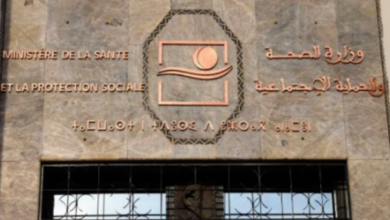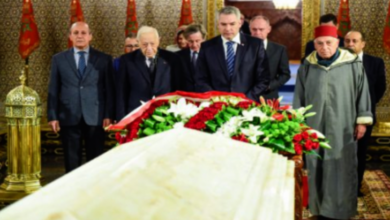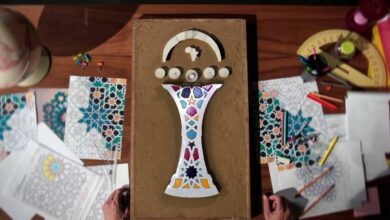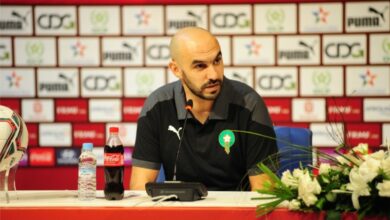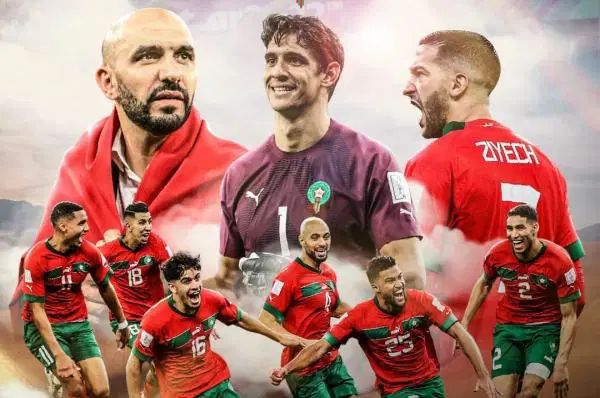
By: Aldar / Analysis
Just six months before the 2025 Africa Cup of Nations kicks off—an edition set to be hosted in Morocco for the first time in decades—the national football scene finds itself divided. On one side, supporters of coach Walid Regragui’s project; on the other, skeptics questioning his ability to lead the “Atlas Lions” to the long-awaited continental title.
Torn between the disappointment of AFCON 2024 and nostalgia for the glory of the World Cup in Qatar, Moroccan fans’ mood swings dangerously between hope and doubt—an instability that could weaken the national team’s morale at a crucial stage of preparation.
Indeed, Morocco’s performance in Ivory Coast fell short of expectations, leaving fans disheartened after growing accustomed to seeing their team challenge the world’s best. But one key fact must not be ignored: the Moroccan national team is undefeated in its last 14 matches and leads both its World Cup and AFCON qualifying groups. In football terms, these numbers are no coincidence—they reflect consistency and stability not seen in years.
Criticism is valid when it’s constructive. But some have gone beyond analysis, engaging in a campaign of doubt that does more harm than good, even calling for the coach’s dismissal ahead of the most important tournament in Morocco’s modern football history. What logic justifies dismantling a hard-earned project that has brought Morocco unprecedented international recognition—simply because the team’s performance doesn’t always meet the expectations of the so-called “ideal spectator”?
Football isn’t just about showmanship—it’s about results, especially in major tournaments. Anyone familiar with the history of African football knows that the most beautiful teams don’t always win; the most disciplined and pragmatic ones often do. And when comparisons are drawn with other teams—like Senegal—the facts speak for themselves: despite their flashy friendlies, Senegal currently ranks third in their World Cup qualifying group and has reportedly avoided facing Morocco in a friendly match, perhaps aware of the challenge that awaits.
AFCON 2025 in Morocco is more than a sporting event—it’s a national project, a state-backed endeavor filled with symbolic and developmental hopes. The Kingdom has heavily invested in infrastructure and organization, aiming to deliver a tournament that will go down in continental history—and possibly bring home the long-awaited trophy. In such a context, there is no room for rash decisions or petty quarrels that derail greater ambition.
The fans have every right to dream, hope, and even criticize. But today, national duty demands unity behind the team. Either we place our trust in this generation and its technical staff—offering unconditional support—or we repeat the mistakes of the past, squandering golden opportunities amid futile debates.
The ball is now in our court—as Moroccans—before it’s in the players’ hands on the pitch. Either we rally behind the “Atlas Lions” at this defining moment, or we let the opportunity slip away—on our own soil, in front of our own crowd, in a homeland that is more than ready to make history.

